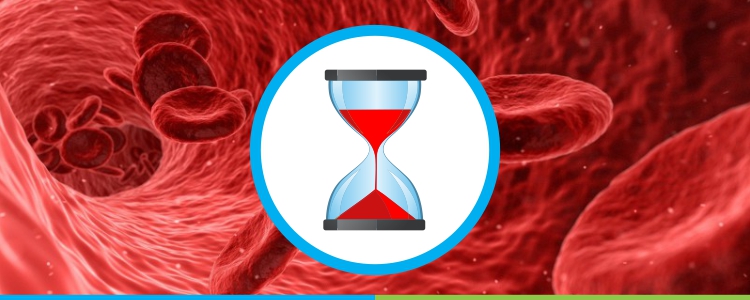Know more about Haemophilia

What is Haemophilia?
Hemophilia is an inherited bleeding disorder in which a person lacks certain proteins called “clotting factors” and the blood doesn’t clot properly. This leads to excessive bleeding.
What causes it?
The protein matter that serves as clotting factors help to keep the body in a state of equilibrium. Clotting factors facilitate efficient blood clotting to prevent hemorrhage and other serious complications such as internal bleeding and swelling of the muscles and joints.
Signs & Symptoms
- Excessive bleeding from cuts or injuries, or after surgery
- Unusual bleeding after vaccinations
- Pain, swelling or tightness in your joints
- Blood in your urine or stool
- Nose bleeding
- Unexplained irritability in infants
Treatment
There are different types of clotting factors, which are associated with different varieties of haemophilia. The main treatment involves receiving replacement of the specific clotting factor that is done through a tube placed in a vein.
The replacement therapy can be given to fight against a bleeding episode which is in progress. It can also be checked on a regular schedule to help prevent bleeding episodes. Some people also receive continuous replacement therapy.
Replacement clotting factor can be made from donated blood. These are called as recombinant clotting factors.
Some other therapies are
Desmopressin:
In mild hemophilia, this hormone stimulates the body to release more clotting factor. It can be injected slowly into a vein or can be given as nasal spray.
Clot-preserving medications:
These medications help prevent clots from breaking down.
Fibrin sealants:
These medications can be applied directly to wound sites to promote clotting and healing. These are useful in dental therapy.
Physical therapy:
It can ease signs and symptoms if internal bleeding has damaged your joints. If there’s severe damage, the patient may need surgery.
Vaccinations:
If someone has hemophilia, getting immunization against hepatitis A and B is better.

Dr Pavan Kumar Reddy
MBBS, MD (internal Medicine)
Consultant General Physician
OMNI Hospitals, Kothapet
